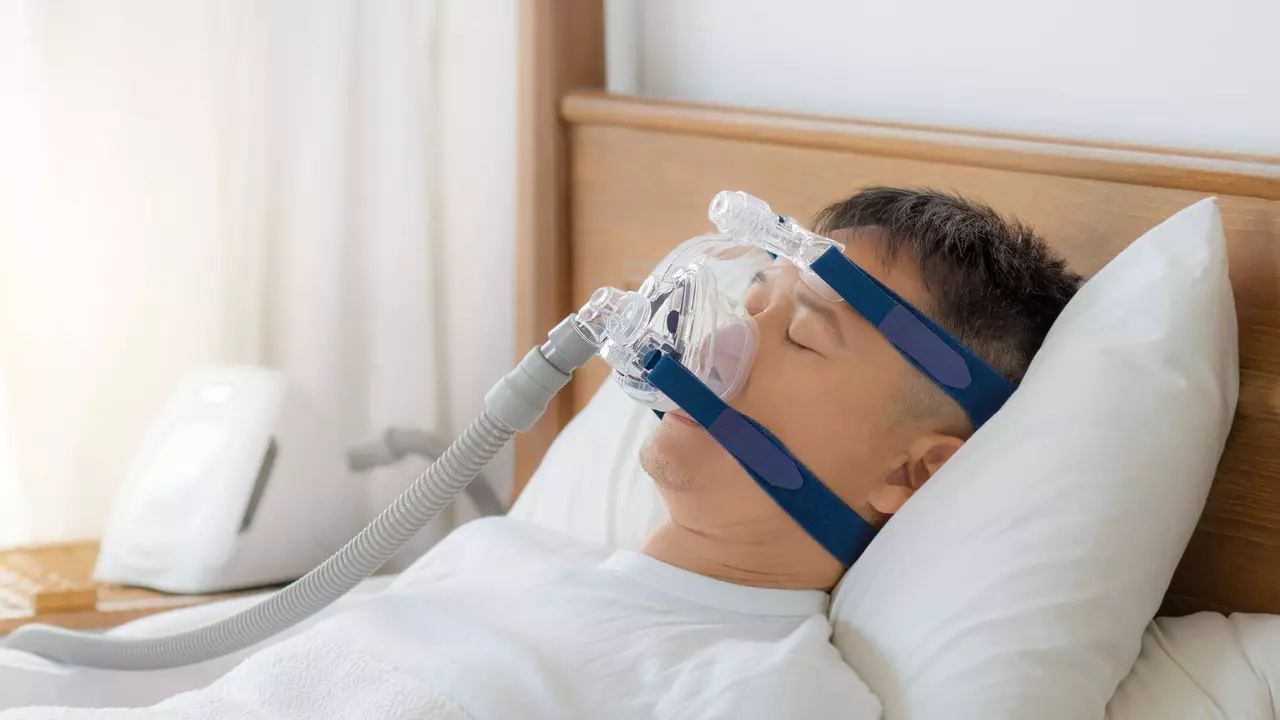Understanding Sleep Apnea: What You Need to Know
Sleep apnea is more common than you might think and can seriously mess with your sleep quality. It happens when your breathing stops and starts repeatedly during sleep, leading to poor rest and daytime tiredness. If you’re often waking up gasping for air or feel exhausted even after a full night’s sleep, you could be dealing with this condition.
Recognizing the signs early on is key. Snoring loudly, choking or gasping sounds during sleep, and waking up with a dry mouth are common symptoms. Sometimes, it leads to headaches in the morning or trouble concentrating during the day. Keeping an eye on these symptoms could make a big difference in catching sleep apnea before it leads to more serious health problems.
What Causes Sleep Apnea?
There are different types of sleep apnea, but the most common is obstructive sleep apnea. It happens when your throat muscles relax too much and narrow or block your airway. Factors like being overweight, having a large neck, or nasal congestion can increase the risk. Age and family history also play a role.
Central sleep apnea is less common and involves the brain failing to send the right signals to your breathing muscles. Some medical conditions and medications can cause this type, so it’s important to discuss symptoms with your doctor to understand what’s going on.
How Can You Treat Sleep Apnea?
Treatment options depend on how severe your sleep apnea is. Lifestyle changes like losing weight, avoiding alcohol before bed, and sleeping on your side can help mild cases. For more serious cases, doctors often recommend using a CPAP machine, which gently blows air into your airway to keep it open during sleep.
There are also dental devices designed to keep your airway open or, in rare cases, surgery might be an option. Working closely with a healthcare provider will help you find the best approach for your situation. Don’t ignore the signs—better sleep can greatly improve your overall health and energy!
